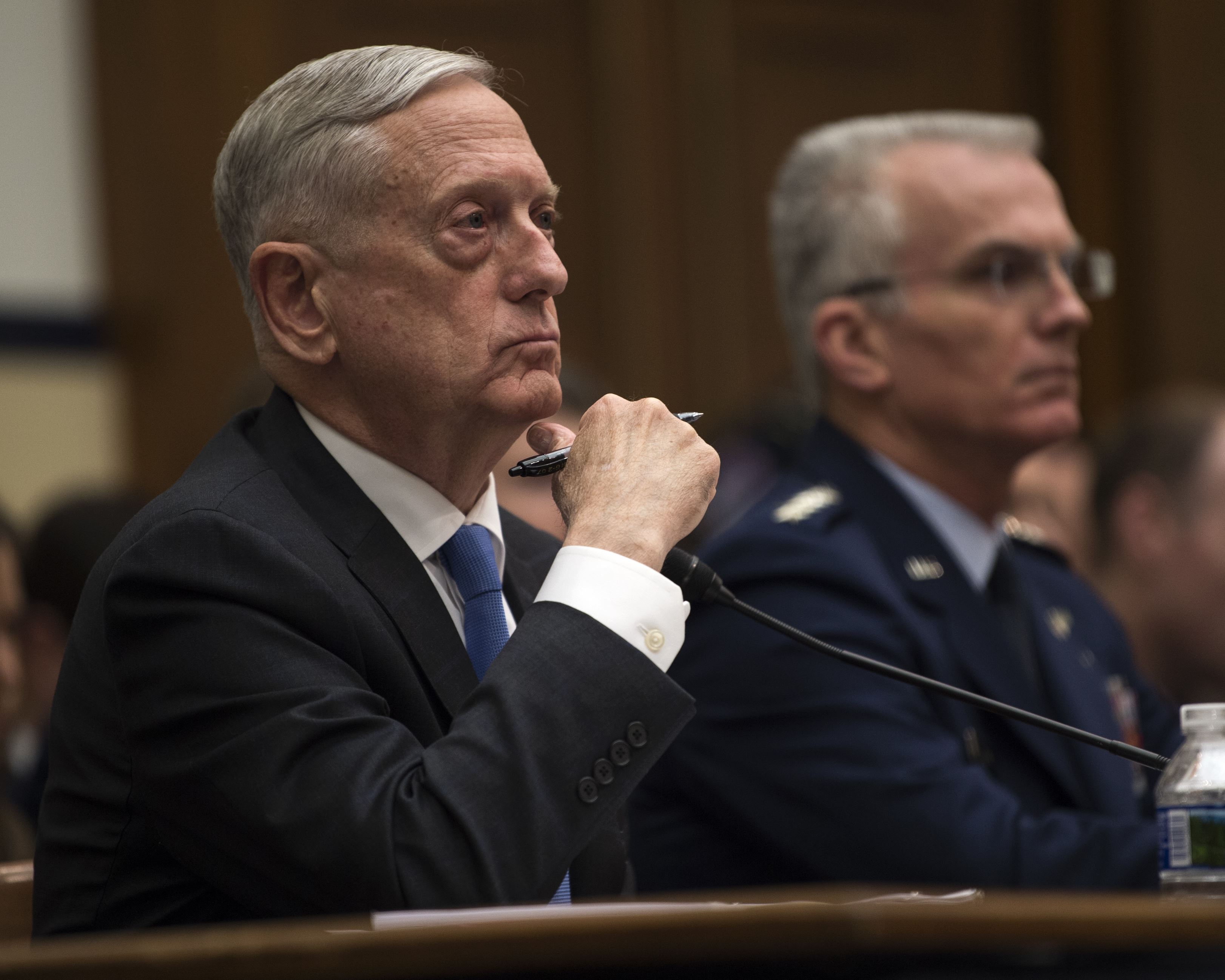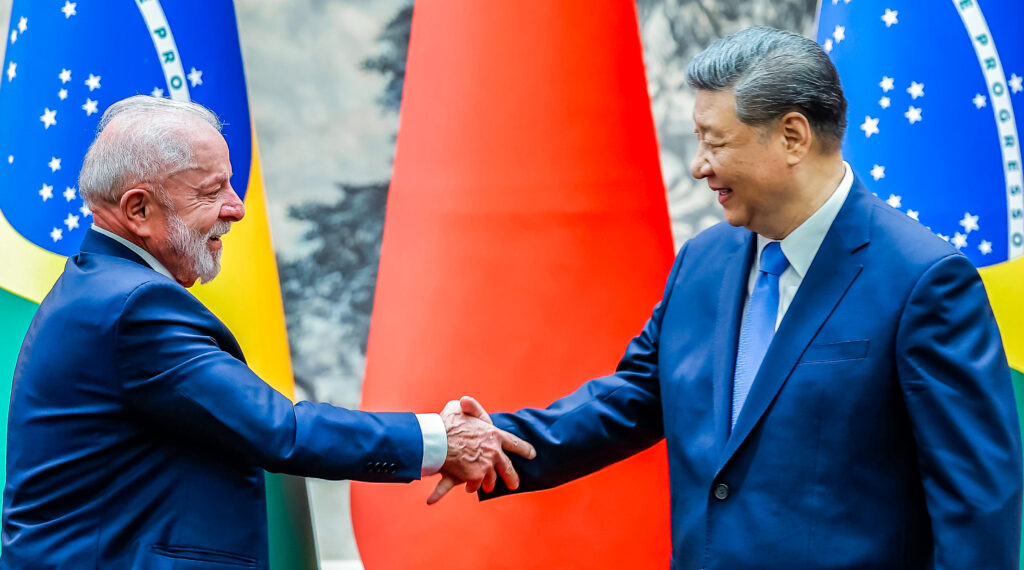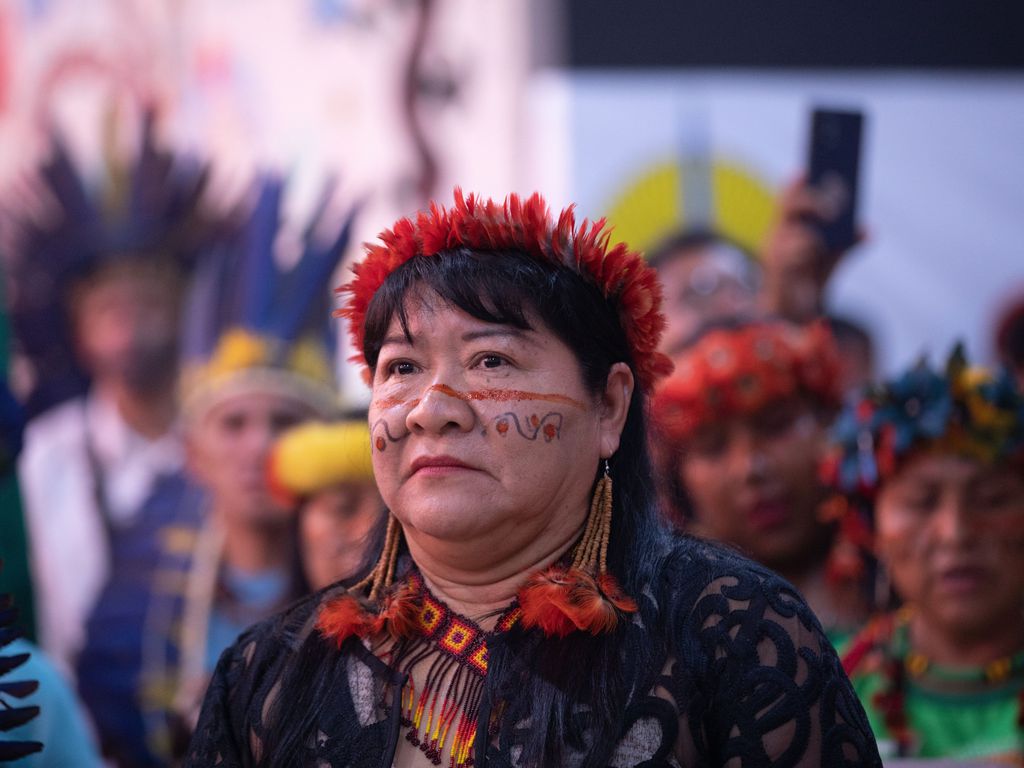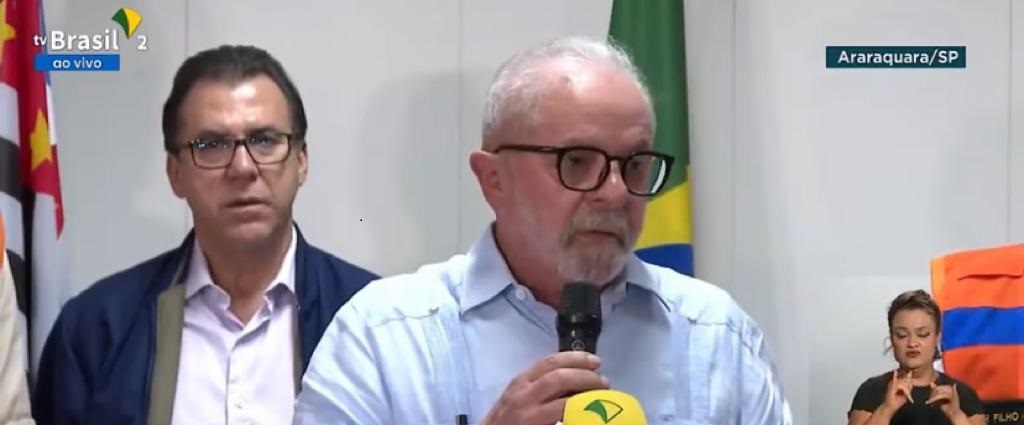On Monday Aug. 13, U.S. Defense Secretary James N. Mattis arrived in Brasilia for his first official visit to South America. The trip, aimed at reinforcing military partnerships in the region, kicked off with meetings between Mattis and Brazilian Ministers Aloysio Nunes and General Joaquim Silva e Luna, at the Itamaraty Palace in Brasilia.
According to chief Pentagon spokesperson Dana W. White, the leaders discussed a broad range of issues and reaffirmed the long-standing bilateral relationship between the United States and Brazil. Mattis thanked Foreign Minister Nunes for the leading role that Brazil plays in peacekeeping missions around the world.
“They agreed their countries’ common values of Inter-American principles of human rights and the rule of law and peace are a solid foundation for a long-term strategic partnership,” said White.
“It was quite a useful meeting, which allowed us to exchange views on various shared issues,” Defense Minister Silva e Luna said. He also mentioned that they had “discussed how to help Venezuela in its difficult situation,” but did not give specific details on the matter.
Trade was also on the agenda, perhaps indicating the U.S. wants to address China’s increasing influence in the region, which has seen the country establish several important trade links.
Mattis traveled to Rio de Janeiro on Monday night, where he will speak at the military school — Escola Superior de Guerra — before flying to Buenos Aires this afternoon.
In Argentina, the secretary plans to discuss “matters of common interests” with military representatives, before stopping in Santiago de Chile on Wednesday and Bogotá on Thursday.
“We are looking to expand partnership where it’s mutually beneficial,” Mattis said. “No hesitation at all. We see Latin America as our neighbor. Some people say we don’t pay much attention to it. That is certainly not the case in the military. You don’t see large military formations down there, because the nature of our relationship doesn’t require that. And we work together across a wide number of issues, and military is simply one of many.”










